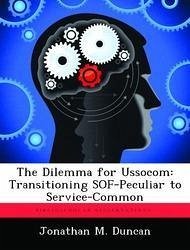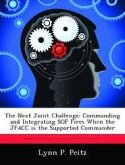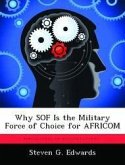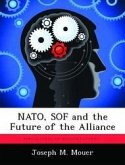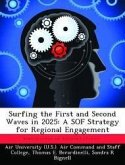In 1986, the fiscal year 1987 Defense Authorization Act containing the Nunn-Cohen amendment passed creating United States Special Operations Command (USSOCOM). Among the many authorities it was given, is the requirement to organize, train, and equip Special Operations Forces (SOF). Concomitant to this responsibility was the creation of a funding stream, Major Force Program 11, dedicated solely for the purchase of SOF-peculiar equipment, material, supplies, and services for SOF where there is no Service-common equivalent. From inception, there was no overarching organization charged with adjudication or determination of items that are contentious, or are currently paid for by SOF, but now used as Service-common, and thus should transition. Presently, transition decisions are piecemeal, occurring through mutual agreements between a Service and USSOCOM; binding acquisition decisions; or through budget documents. In an internal audit, USSOCOM found that it is paying for items which meet the definition of Service-common.

